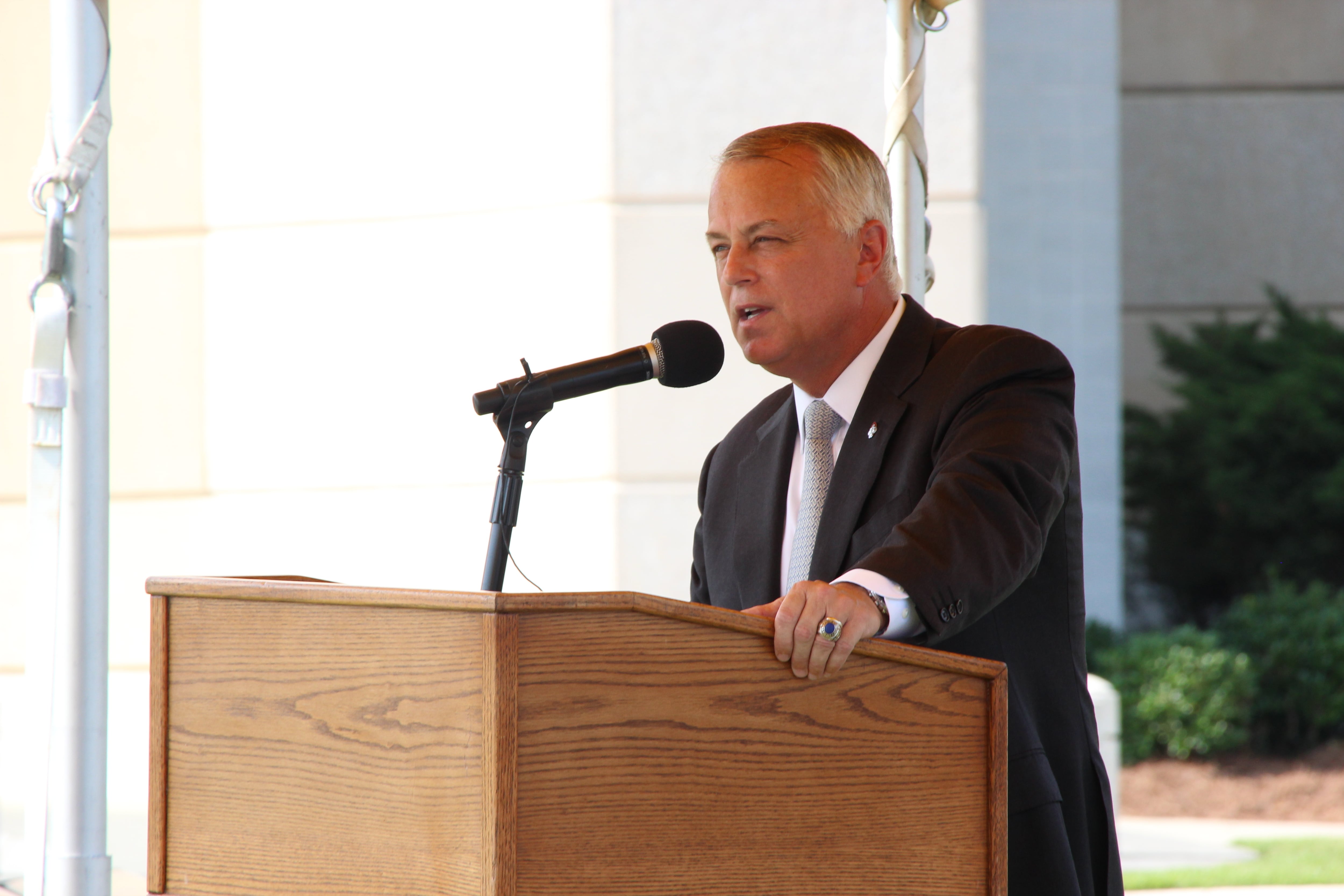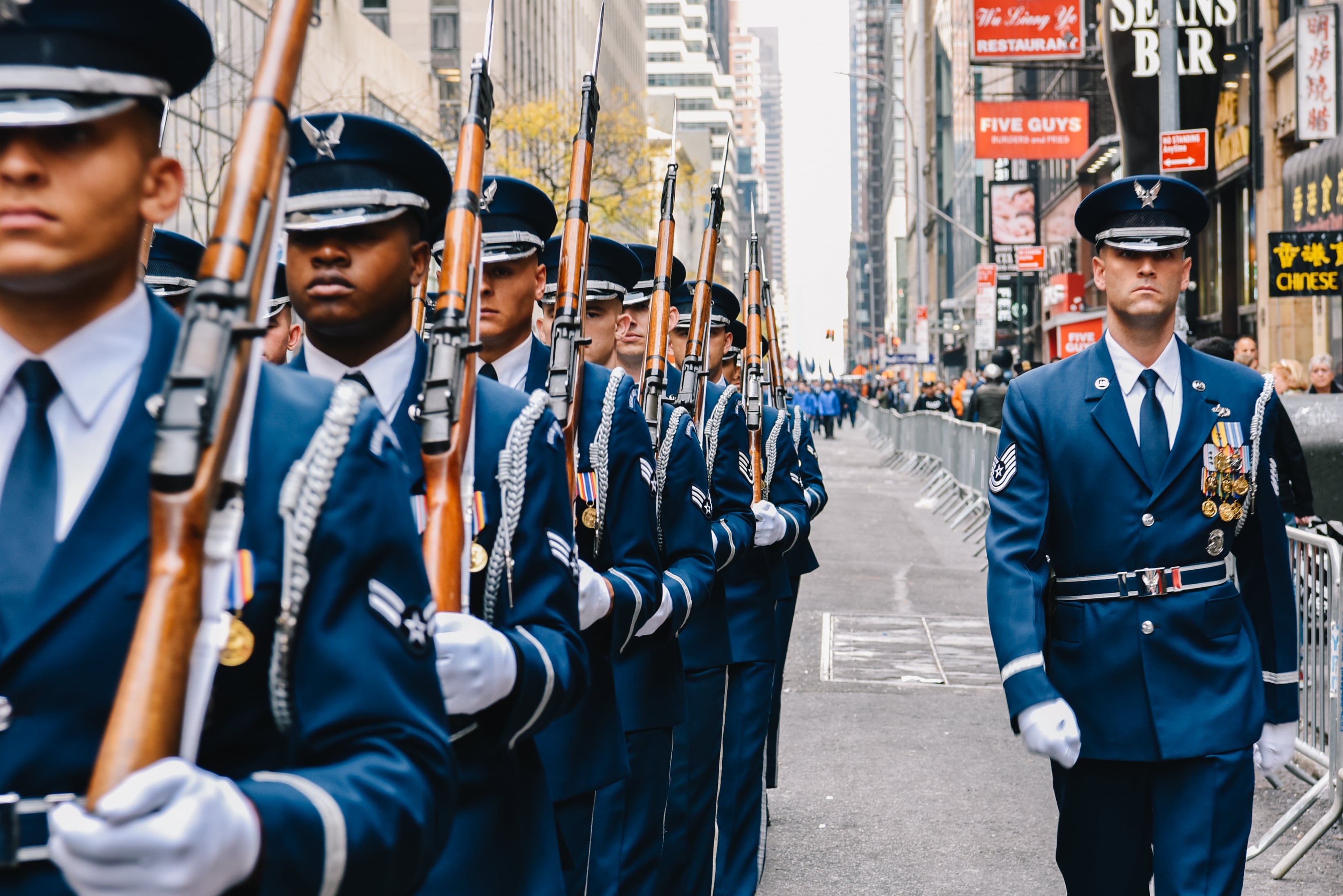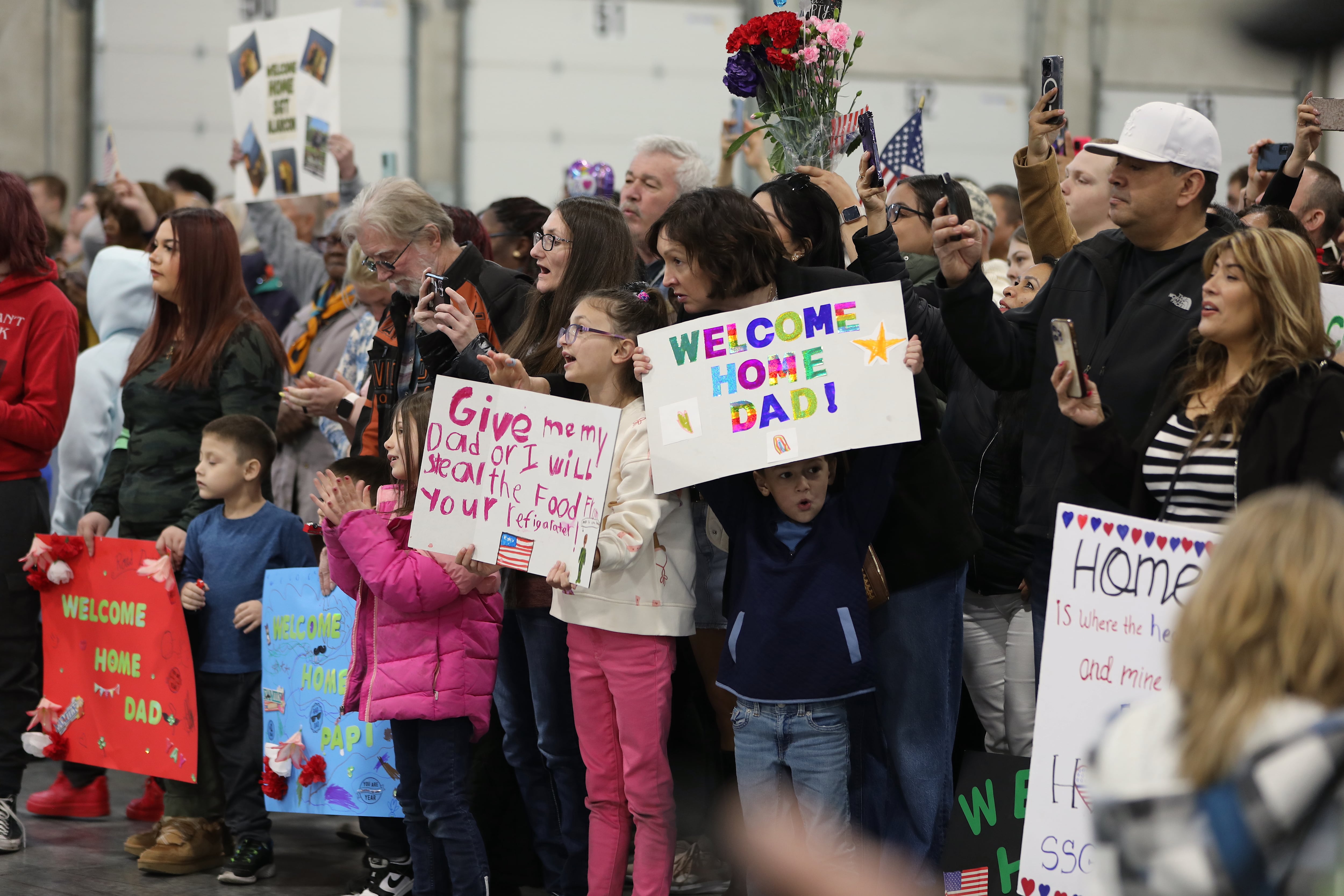Governmentwide efforts to help homeless veterans pulled only about 2,000 individuals off the streets from 2014 to 2015, according to new estimates released this week by the Department of Housing and Urban Development.
White House officials spun that statistic as continuing a five-year decline in homeless veterans numbers, proof that they're making progress on the problem. President Obama this week praised government efforts as helping "tens of thousands of our veterans get off the streets."
But the small change in the yearly estimates makes the administration's pledge to end veterans homelessness by the start of 2016 appear all but impossible, and potentially many years away.
The annual point-in-time count, conducted in January, shows there are about 48,000 homeless veterans across the country. That's down from the 50,000 in the January 2014 count, but a smaller drop than the 5,000 veterans taken off the streets in each of the previous three years.
Officials estimate the number was just under 75,000 in 2010, when the White House announced its national campaign to solve the problem.
Since the latest count was conducted in January, officials in a number of major metropolitan areas — including Houston, Las Vegas, New Orleans and Salt Lake City — announced they have "effectively" ended veterans homelessness by putting in place enough assistance programs and shelters to quickly house any veterans in financial distress.
On Veterans Day, Virginia officials announced theirs had become the first state to end veterans homelessness statewide.
That progress may be reflected in the 2016 point-in-time count, to be conducted in two months. But federal officials in recent months incorrectly predicted significant progress in this year's figures, and will not release the next estimates until fall 2016.
The full point-in-time count — which includes national homelessness figures and challenges — will be released in coming days.
HUD officials downplayed the smaller annual reduction in homeless veterans numbers and said they are pleased that efforts are helping individuals get stable housing.
"We have collaborated with partners in the private and philanthropic sectors, and every level of government, to put us on a path to achieve that goal," Jennifer Ho, HUD senior adviser on housing and services, said in a statement.
"We've enlisted more than 850 state and local officials to commit to this effort, successfully housed more than 101,000 veterans through the HUD-VASH program, and reduced the number of unsheltered homeless veterans by 50 percent," she said. "We know how to solve this problem and communities across the country have shown us it can be done."
Baylee Crone, executive director for the National Coalition for Homeless Veterans, called the small decrease in the national estimate concerning, but said she doesn't believe it reflects a slowdown in progress in helping vulnerable veterans.
"The numbers that really matter to us right now are the community-level ones," she said. "What you can't see in the [point-in-time] count are the new systems that have been put in place and the speed veterans have going from homeless to housing."
Crone said better community level coordination and new federal funding tools have resulted in significant decreases in local estimates that the coalition tracks, and went on to say she's pleased with the progress officials have seen since 2010 and in just the last year alone.
"Still, the [point-in-time] count needs to keep going down," she said. "Obviously, 48,000 homeless veterans is still way too high."
Leo covers Congress, Veterans Affairs and the White House for Military Times. He has covered Washington, D.C. since 2004, focusing on military personnel and veterans policies. His work has earned numerous honors, including a 2009 Polk award, a 2010 National Headliner Award, the IAVA Leadership in Journalism award and the VFW News Media award.





